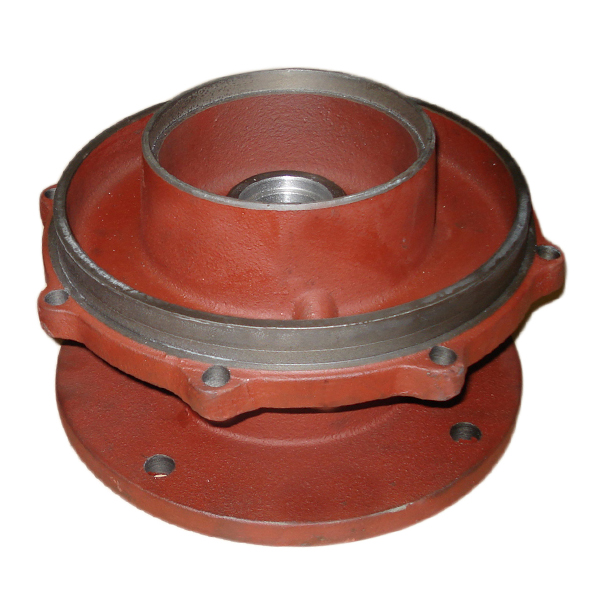Mobile:+86-311-808-126-83
Email:info@ydcastings.com
exhaust manifold in engine
The exhaust manifold is a critical component of an internal combustion engine. Its primary function is to efficiently collect and direct exhaust gases away from the engine after fuel combustion. Typically made from cast iron or stainless steel, the manifold is designed to withstand high temperatures and pressures, given its exposure to the extreme conditions generated during the engine's operation.
One of the manifold's key roles is to serve as a hub for the exhaust ports of the engine's cylinders. As the engine operates, each cylinder expels exhaust gases that must be channeled seamlessly into the manifold. A well-designed manifold minimizes back pressure, which is essential for optimal engine performance. High back pressure can hinder the engine’s ability to expel exhaust gases, ultimately leading to decreased efficiency and potential damage over time.
The design of exhaust manifolds can vary based on the engine configuration, which may include inline, V-type, or flat engines. In turbocharged engines, specialized exhaust manifolds are often utilized to improve the efficiency of the turbocharger and enhance power output. These manifolds are typically more complex, featuring a design that allows for better airflow and reduced turbo lag.
exhaust manifold in engine

Another important aspect of exhaust manifolds is their relationship with emissions control. Modern engines are equipped with components like catalytic converters that work in tandem with the exhaust manifold. The manifold directs exhaust gases to these systems, where harmful emissions are converted into less harmful substances before being released into the atmosphere. Consequently, an efficient manifold design contributes not only to engine performance but also to environmental sustainability.
Regular maintenance and inspection of the exhaust manifold are crucial for preventing issues such as cracks, leaks, or corrosion
. Any damage to the manifold can lead to exhaust leaks, resulting in increased emissions, reduced engine efficiency, and potential safety hazards due to the release of toxic gases.In summary, the exhaust manifold plays a vital role in the internal combustion engine's operation. By efficiently channeling exhaust gases and working in conjunction with emissions control systems, it contributes to both performance and environmental considerations. Understanding its importance reinforces the need for regular inspection and maintenance to ensure the longevity and efficiency of the engine as a whole.
-
Understanding Metal Casting TechniquesNewsApr.02,2025
-
Understanding Exhaust Manifolds for Enhanced Engine PerformanceNewsApr.02,2025
-
The World of Metal FabricationNewsApr.02,2025
-
Key Components for Pump and Turbo EfficiencyNewsApr.02,2025
-
Essential Tools for Automotive Maintenance and RepairNewsApr.02,2025
-
Durable Valve Components for Effective Water ManagementNewsApr.02,2025











